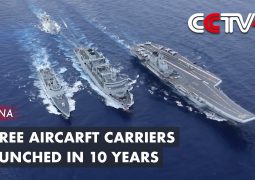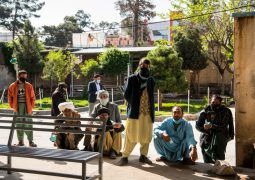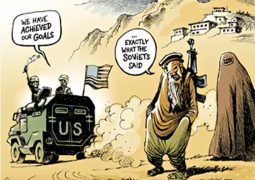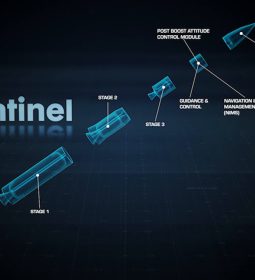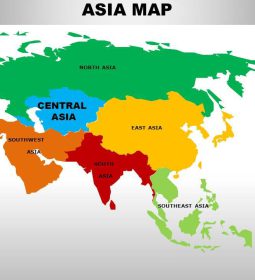Malaysia one of greatest beneficiaries of O.B.O.R.

IN ancient Rome, all roads led to the eternal city. This week, they all seem to converge in Beijing. Heads of state and government from literally the four corners of the globe are in the Chinese capital to discuss, in a high-level summit called by Chinese President Xi Jinping, a highly ambitious idea to revive the ancient Silk Road that ushered in a golden era of international trade when China was regarded as the Middle Kingdom.
Now that China has, within little more than a generation, established itself once again as the greatest trading nation in the world, it is most appropriate and certainly most welcome that the country is reaching out to chart a truly “win-win” partnership — as the Chinese leadership is fond of saying — with the rest of the world, through this Belt and Road Forum for International Cooperation.
Malaysia stands to be among the greatest beneficiaries of this new Chinese initiative in our region. Prime Minister Datuk Seri Najib Razak is a key attendee at BRF, and, among the most enthusiastic national leaders for this new Silk Road.
As the name suggests, this modern-day initiative has two almost equally breathtaking components: one retracing the actual Silk Road from China, across the great Eurasian plains, to Western Europe, and the other, a maritime route that links China, through Southeast Asia, to Africa and even beyond.
Malaysia’s strategic position makes it the most natural and logical central node in the maritime belt. This harks back to the time when Melaka was the undisputed centre of global commerce in this part of the world.
As the South China Morning Post related in a commentary on April 15 about 15th-century Melaka: “Zheng He, the Chinese explorer, remains revered for expanding China’s maritime trade to places as far as Africa. Melaka’s alliance with China at the time made it a key hub for the lucrative trade of spices.”
It quoted top Malaysian officials as saying that, “the construction of a new deep-sea port as part of the RM43 billion Melaka Gateway project, jointly developed by local and Chinese firms, serves notice that the country plans to make itself a key part of Beijing’s ambitious ‘One Belt One Road’ initiative”.
A seasoned local observer on the economy (who prefers to remain anonymous) noted to this writer yesterday: “The above project, together with Kuantan Port and the East Coast Rail Link project to link up east and west (of the peninsula) is equivalent to building a channel that cuts across the Peninsular Malaysia… in future, all consignments from China or Japan and Korea to Europe will download at Kuantan Port, be taken through the East Coast Rail Link to Port Klang or Melaka port, then shipped to Europe, cutting short the voyage and shipping cost via Singapore.”
Malaysia’s global strategic relevance in the economic arena will thus be secured further into the foreseeable future.
It is, of course, up to individual nations and even sub-national actors to think up imaginative ways to link up to the One Belt One Road initiative at its current formative stage.
Sarawak Chief Minister Datuk Amar Abang Johari Abang Openg, for example, is also in Beijing alongside the prime minister. Played astutely, Sarawak may also become an important beneficiary of the initiative.
Said the local observer: “Promote Sarawak to China through putting up more industrial and agricultural projects in Sarawak as we have cheap energy and plentiful land, as well as a deep-sea port in Bintulu. It is not difficult for us to make our case to them (the Chinese).”
As always happens with Malaysia’s relationship with the big global powers, though, controversy over a newly reinvigorated Malaysia-China partnership naturally surfaces. Thankfully as well, nevertheless, our country has all this while been blessed by a rather easygoing, very pragmatic approach to big-power relationships.
We have never had to contend with a chip on the shoulder that bugs many smaller countries’ interactions with bigger ones. No rancour marked our immediate post-independence ties with Britain, with which we even have a security alliance that remains to this day.
Our relations with the United States have always been business-like and mutually beneficial, even after we became the first regional nation to open diplomatic ties with the People’s Republic of China in 1974.
Nobody has ever accused our government of anything but keenly watching out for the greater national interest in the conduct of its ties with these big powers all this while. That bedrock remains today, with China.
- Previous Foreign military exercises in straits harm sovereignty – Malaysian expert
- Next Americans Believe South Korea and Israel ‘Most Likely’ Allies To Embroil US in War




